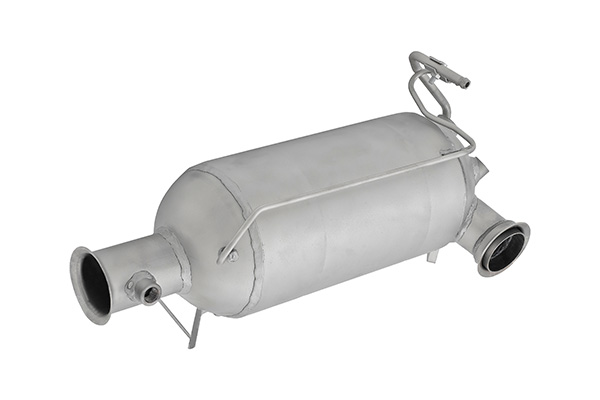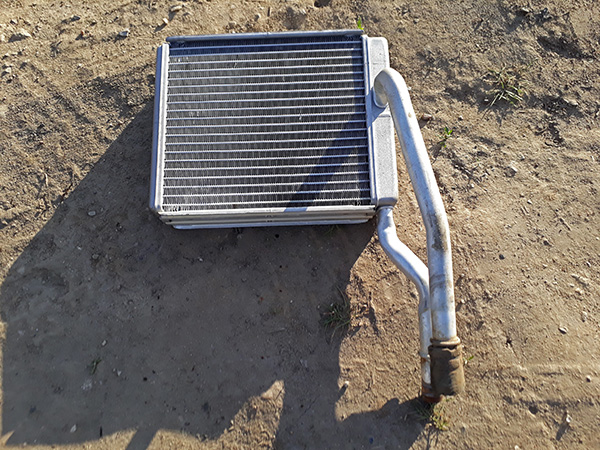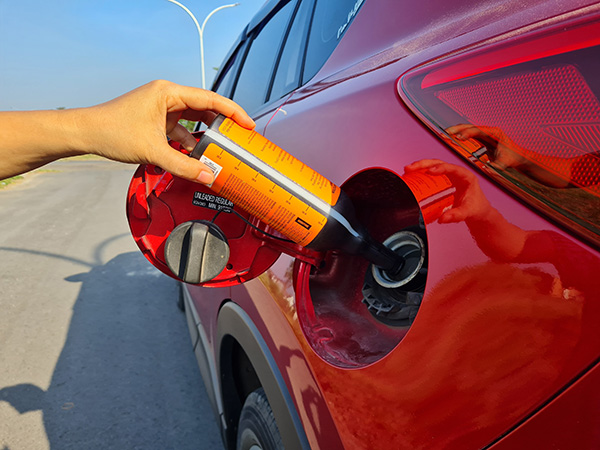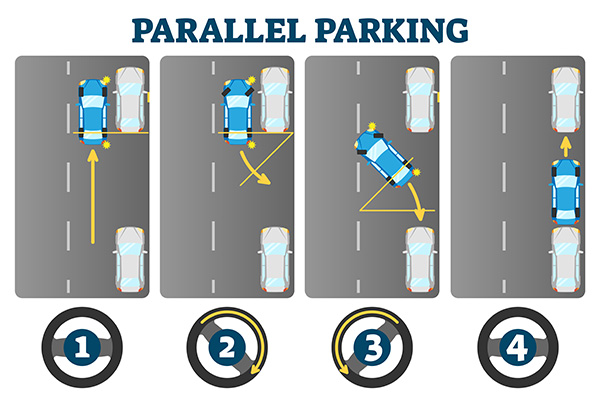Posted on 4/25/2025

If you’ve done any digging into diesel performance, you’ve probably come across debates around DPF (Diesel Particulate Filter) removal. Some say it boosts power and fuel economy. Others warn it can ruin your engine—or land you in legal trouble. So what’s the real story? What actually happens when you remove your DPF? Let’s clarify the stakes involved in modifying a diesel truck. First, What Does the DPF Actually Do The DPF is an emissions control device installed in most modern diesel vehicles. Its job is to trap and burn off the soot and fine particulate matter created during combustion—stuff that would otherwise be released into the air through your exhaust. The filter captures soot until a process called “regeneration” kicks in, which heats it up and burns the particles into ash. This keeps your emissions cleaner and ensures your vehicle meets government standards for air pollution. Yes, Removing It Can Bo ... read more
Posted on 3/28/2025

Driving through rural areas or wooded highways comes with a risk that many drivers underestimate—wildlife collisions. Deer, elk, and smaller animals often dart across roads unexpectedly, and hitting one can cause serious damage to your vehicle, not to mention the risk of injury to yourself and passengers. With wildlife being most active at dawn and dusk, and during certain seasons, knowing how to avoid a collision can help keep you safe. Why Wildlife Collisions Are So Common Animals don’t follow traffic laws. Deer and other wildlife are unpredictable, especially during mating season (fall months) and migration periods when they move in larger numbers. Many highways and backroads cut through natural habitats, making encounters between vehicles and animals unavoidable. Some regions, like Oregon, see more wildlife-related crashes simply due to the high number of deer and elk populations near roadways. Nighttime also makes these collisions more likely. Many ... read more
Posted on 2/28/2025

A failing car heater is more than just an inconvenience, especially in cold weather. When your heater stops working, it’s easy to assume the issue is minor, but in many cases, it can point to deeper problems within your vehicle’s cooling system. A properly functioning heater relies on the circulation of hot coolant through the heater core, which then transfers heat into the cabin. When this system fails, it could be due to low coolant levels, a malfunctioning thermostat, or even a clogged heater core. Knowing what to look for when your car heater stops working can help you prevent more serious engine problems down the road. How Your Car’s Heater Works Your car’s heating system is connected to the cooling system, which regulates engine temperature and keeps it from overheating. The engine produces an immense amount of heat, and rather than wasting it, the system redirects a portion through the heater core, which then warms the air that flows in ... read more
Posted on 1/31/2025

Diesel engines are known for their power, durability, and efficiency, but like any machine, they perform best when properly cared for. While regular maintenance is necessary, many drivers wonder if diesel fuel additives can provide an extra edge in performance and engine health. Whether you’re managing a fleet of trucks or driving a personal diesel-powered vehicle, understanding the benefits of fuel additives can help you decide if they’re worth incorporating into your routine. Let’s explore how diesel fuel additives work, what they can do for your engine, and why they might be a worthwhile investment. What Are Diesel Fuel Additives Diesel fuel additives are specially formulated chemicals designed to enhance the properties of diesel fuel. They are typically added directly to your fuel tank, where they mix with the diesel and work to improve performance, efficiency, and longevity. Additives are available for a variety of purposes, including cleaning ... read more
Posted on 12/20/2024

Parallel parking: it’s the move that often makes new drivers nervous and even challenges seasoned ones. Whether you're preparing for a driving test or just trying to master it for everyday use, getting this skill right can make parking in tight spots much easier. With some practice and the right approach, you’ll find that parallel parking isn’t as intimidating as it seems. Understanding the Basics Before you attempt parallel parking, it’s essential to understand the mechanics of your vehicle. How far does it turn with a full steering rotation? What’s the length of your vehicle compared to the average car? Knowing these details helps you feel more in control during the process. Also, patience is key. No one expects perfection on the first try—take your time as you learn. It’s always better to park slowly and accurately than rush and risk scratching your car or someone else’s. The Setup: Preparing to Park ... read more